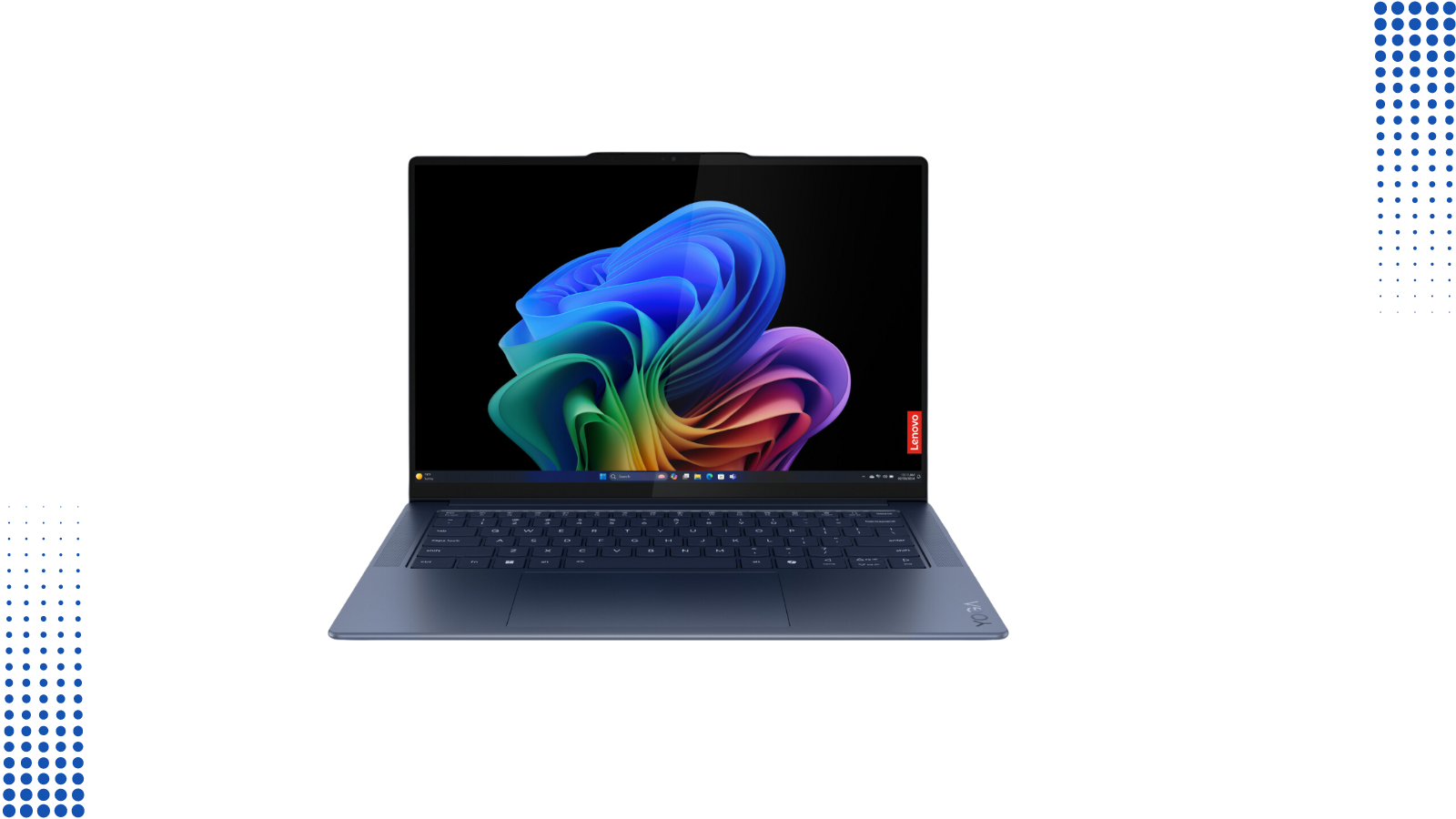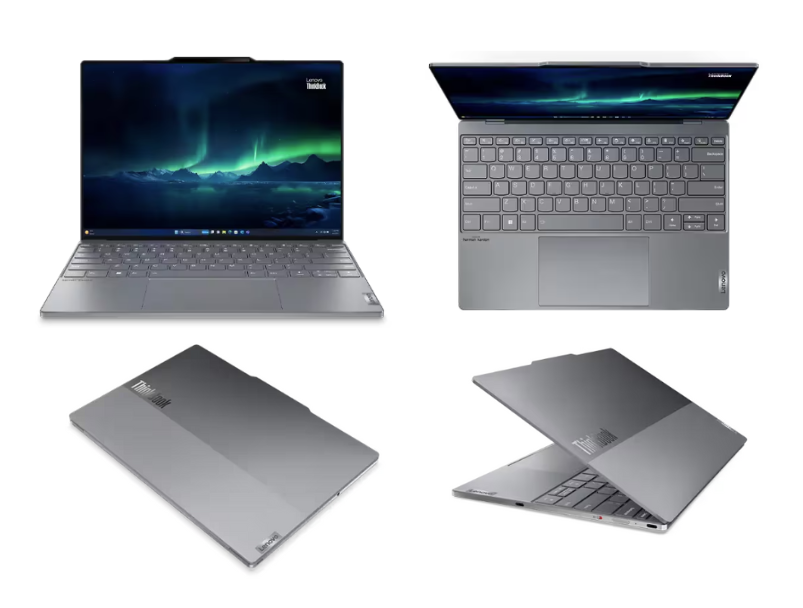AI has swiftly moved from being a mere buzzword to a pivotal catalyst of transformation across various sectors. In the face of modern technological strides, adopting AI is not just an option but a necessity. Its transformative potential is not limited to large enterprises but also permeates small and medium-sized businesses (SMBs), reshaping the business landscape by streamlining operations, boosting efficiency, and enabling data-driven decision-making.
Echoing the global trend towards AI integration, Lenovo unveiled its ‘AI for All’ vision at its ninth annual global event, Tech World 2023. The company is committed to driving intelligent transformation by prioritizing inclusivity and accessibility. This commitment is underscored by the introduction of innovations across its three business segments: the Intelligent Devices Group (IDG), encompassing PCs and smart devices; the Lenovo Infrastructure Solutions Group (ISG), tasked with delivering infrastructure solutions; and the Lenovo Solutions and Services Group (SSG), offering a wide array of IT solutions and services.
Lenovo’s Hybrid AI Strategy: Unleashing the Power of Data Everywhere
Believing in the universal accessibility of AI, Lenovo has embraced a dynamic hybrid AI strategy aimed at unleashing the power of data everywhere. This extends AI capabilities beyond the conventional cloud environment, delivering real-time solutions at the edge. The strategy envisages a harmonious coexistence of public, private, and personal foundation models to make AI increasingly accessible and secure.
Lenovo’s AI can function solely within a device or securely on on-premises servers, learning from data supplied by individual users or proprietary enterprise data. Importantly, it ensures that no shared information is publicly disclosed or incorporated into open training datasets. This not only bolsters security but also facilitates more personalized AI experiences.
Lenovo and NVIDIA: Pioneering Next-Generation AI Infrastructure and Services
Lenovo is actively developing next-generation AI-ready and AI-optimized infrastructure, aiming to deliver powerful, customized, scalable, and energy-efficient AI to customers through a hybrid approach. This includes an expanded partnership with NVIDIA, introducing a new generation of hybrid AI solutions and engineering collaboration. This partnership is based on a shared vision of making generative AI (Gen AI) accessible to all businesses. Lenovo plans to deliver fully integrated systems that bring AI-powered computing to every location where data is generated – from the edge to the cloud. This will enable businesses to deploy custom Gen AI applications at scale, fostering innovation across various industries.
Moreover, Lenovo and NVIDIA will develop next-generation systems based on NVIDIA’s flexible MGX modular reference design, providing robust and secure solutions for demanding Gen AI workloads.
The companies will also introduce the Lenovo AI Professional Services Practice, offering businesses a suite of services, solutions, and platforms to navigate the AI landscape. This initiative aims to help businesses of all sizes find the most suitable solutions, implement them swiftly and cost-effectively, and simplify their AI journey. With Lenovo’s AI expertise and NVIDIA’s cutting-edge AI technologies, businesses can confidently and quickly embark on their AI-driven transformations.
Lenovo’s Vision for the Future of Devices: AI-Ready Devices and Personalized AI Solutions
Lenovo showcased the future of AI-ready devices and AI-powered features, including a vision of an AI PC designed to enhance productivity, streamline workflow, and protect data. The company is also developing a new concept feature, AI NOW, a personal AI twin (AI assistant) solution for AI PCs. This solution leverages personalized models and information stored on the user’s device to effectively understand and assist the user while ensuring data privacy and security.
Furthermore, Lenovo announced the development of Enterprise AI Twin, a suite of AI applications tailored for businesses. This suite is designed to deliver customized solutions by synthesizing and extracting relevant enterprise data from various sources, including devices, the edge, and private clouds. Users can utilize Enterprise AI Twin in different scenarios and for multiple purposes. For instance, it can simplify travel bookings in accordance with company policies and individual preferences or assist supply chain teams in risk management by integrating public AI data with enterprise-specific information, thereby enhancing decision-making across business areas.
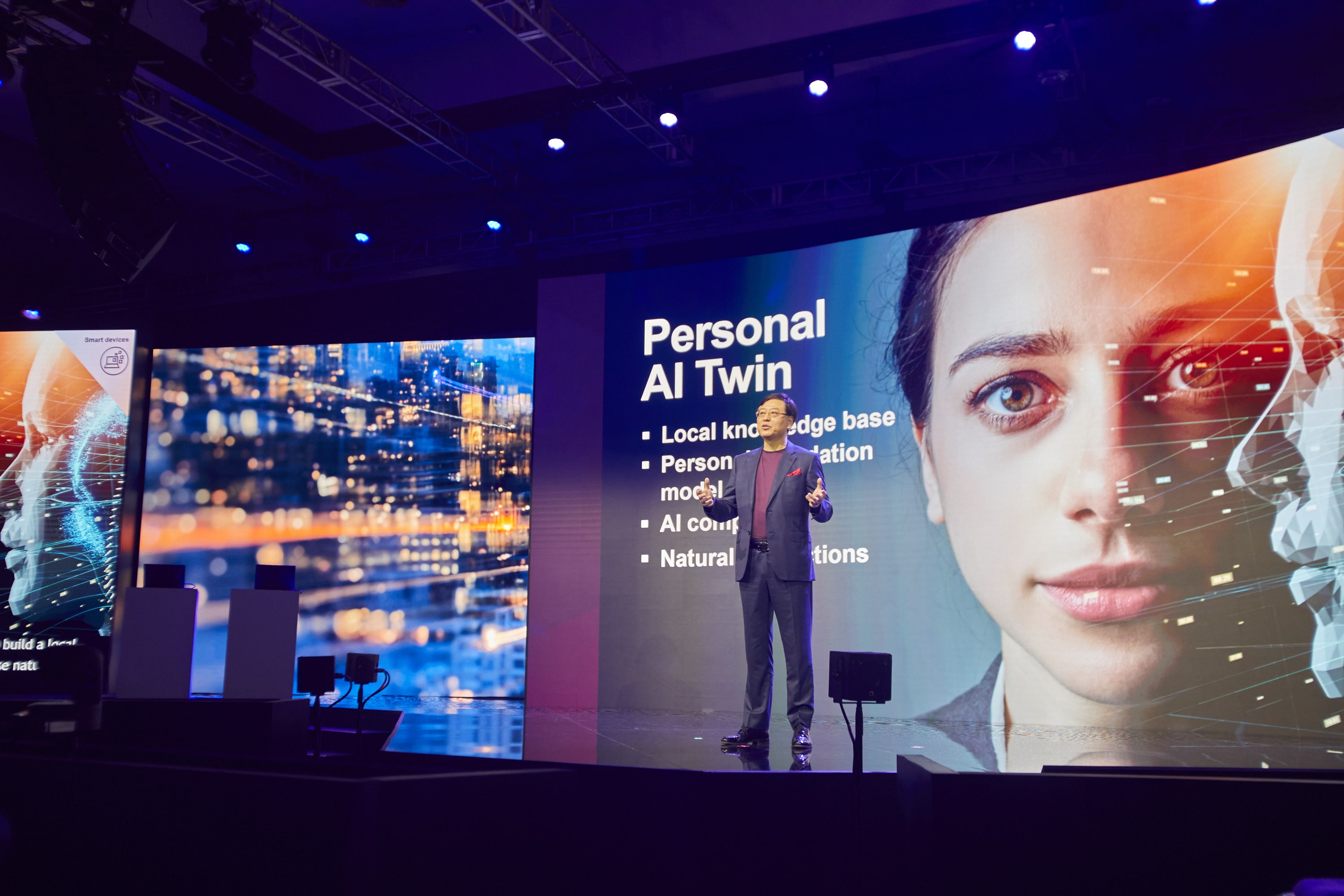
Lenovo’s Digital Workplace Solutions: Navigating the Evolving Work Landscape with AI and Security Innovations
In response to the dynamic work environment characterized by the widespread shift to remote and hybrid models, Lenovo introduced its Digital Workplace Solutions (DWS) in May 2023. This comprehensive suite of managed services is designed to assist businesses in seamlessly navigating the evolving work landscape, with a strong emphasis on enhancing the digital workplace experience. DWS encompasses a variety of tools and systems that address critical facets of the modern workplace, including technology, security, operational efficiency, and employee satisfaction, thereby helping businesses address the unique challenges posed by the changing work environment. This holistic approach prioritizes employee productivity, job satisfaction, and workplace efficiency.
Lenovo’s commitment to enhancing the digital workplace experience with a human-centric approach is further exemplified by the upcoming launch of the “Care of One” platform. This platform aims to elevate the employee experience by offering automated and hyper-personalized support, leveraging AI and data-driven insights to understand various user personas within an organization. Besides improving individual experiences, it contributes to overall employee productivity, allowing them to focus on more critical tasks and enhancing job satisfaction.
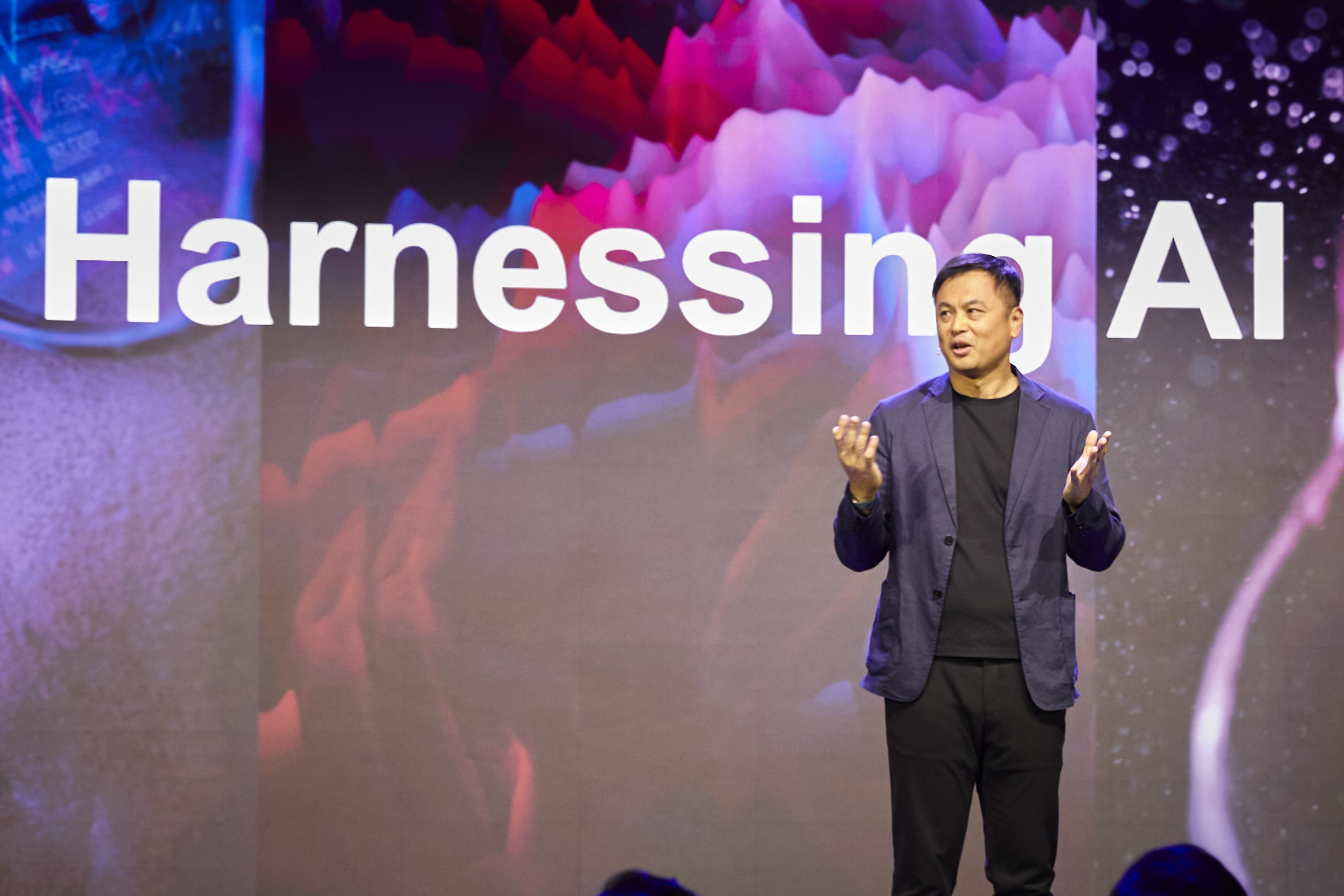
Moreover, Lenovo is making significant progress in the area of security. It has broadened its partnership with Microsoft by announcing an upcoming offering, “Cyber Resilience as a Service.” This cybersecurity solution combines Microsoft’s AI-enabled security stack with Lenovo’s robust security operations center (SOC) capabilities and global reach. As such, this partnership aims to equip businesses with essential tools for protecting their digital assets.
Lenovo’s TruScale: Revolutionizing Business with ‘Everything as a Service’
In recent years, the “Everything as a Service” concept has garnered considerable attention, offering businesses flexibility, scalability, and cost-effectiveness. This approach provides a wide range of products, software, and infrastructure as services, simplifying operations, minimizing upfront costs, and facilitating quick adaptation to changing market demands. Lenovo’s TruScale, launched in February 2019, is a testament to this as-a-service trend. It offers a solution that enables businesses of all sizes to access Lenovo’s extensive portfolio within a unified contractual framework. TruScale provides a scalable, pay-as-you-go model with predictable payment options for hardware and services.
Under TruScale’s ‘pay-as-you-go’ model, Lenovo’s hybrid AI solutions are now accessible. Kirk Skaugen, Executive Vice President and President of Lenovo’s Infrastructure Solutions Group, underscores, “We’re offering everything as a service through Lenovo TruScale, unlocking the power of Next Generation AI technology not only for large enterprises but also for small and medium-sized businesses.”
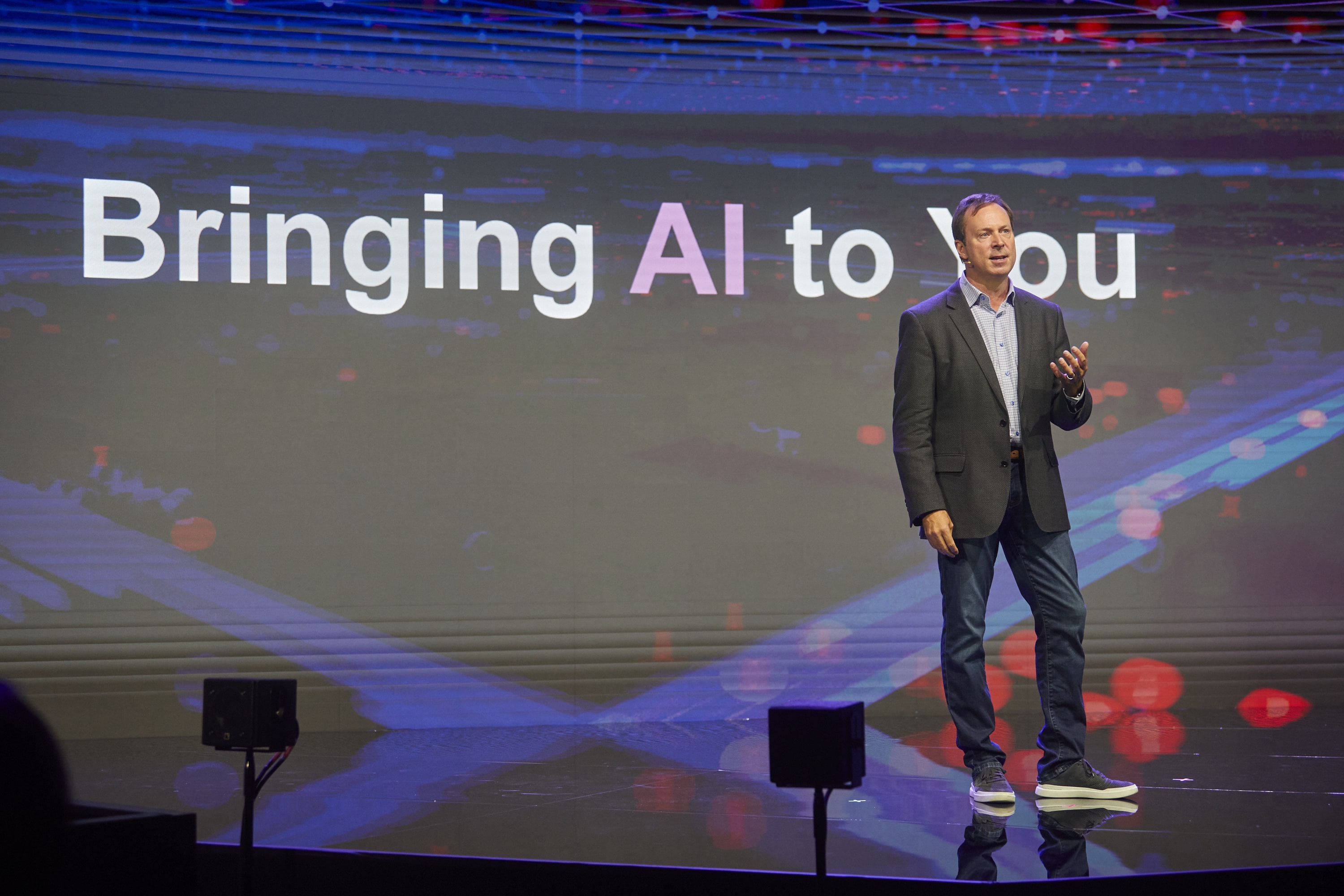
The TruScale approach is particularly beneficial for SMBs as it allows them to manage and scale their IT resources based on their current needs without any minimum capacity commitment. This ensures they always have the necessary technology to stay competitive in the market, whether experiencing rapid growth or facing challenges that require scaling down. This “as-a-service” approach creates a win-win situation for all parties involved. It enables SMBs to thrive in a constantly changing business environment while IT providers can maintain steady revenue through subscription-based services.
Final Techaisle Take
Lenovo's "AI for All" vision is a significant step forward in the AI landscape. The company's focus on inclusivity, innovation, and data security, combined with its hybrid AI strategy, paves the way for AI to become accessible to everyone, including individuals and businesses of all sizes, in a secure and personalized manner. Lenovo is well-positioned to shape the AI landscape and drive intelligent transformation by establishing strategic partnerships, delivering AI-ready infrastructure, and showcasing the future of AI-powered devices and features.
Lenovo has been undergoing a significant change over the past few years, transitioning from being recognized primarily as a hardware company to providing solutions and services. This transformation is exemplified by Lenovo TruScale, which showcases the company's adaptability and unwavering commitment to meeting the ever-changing technology needs of businesses. A key part of the transition to solutions/services is the relentless innovation of intelligent devices so that the solutions, services, TruScale, and DaaS are wrapped around cutting-edge tech.
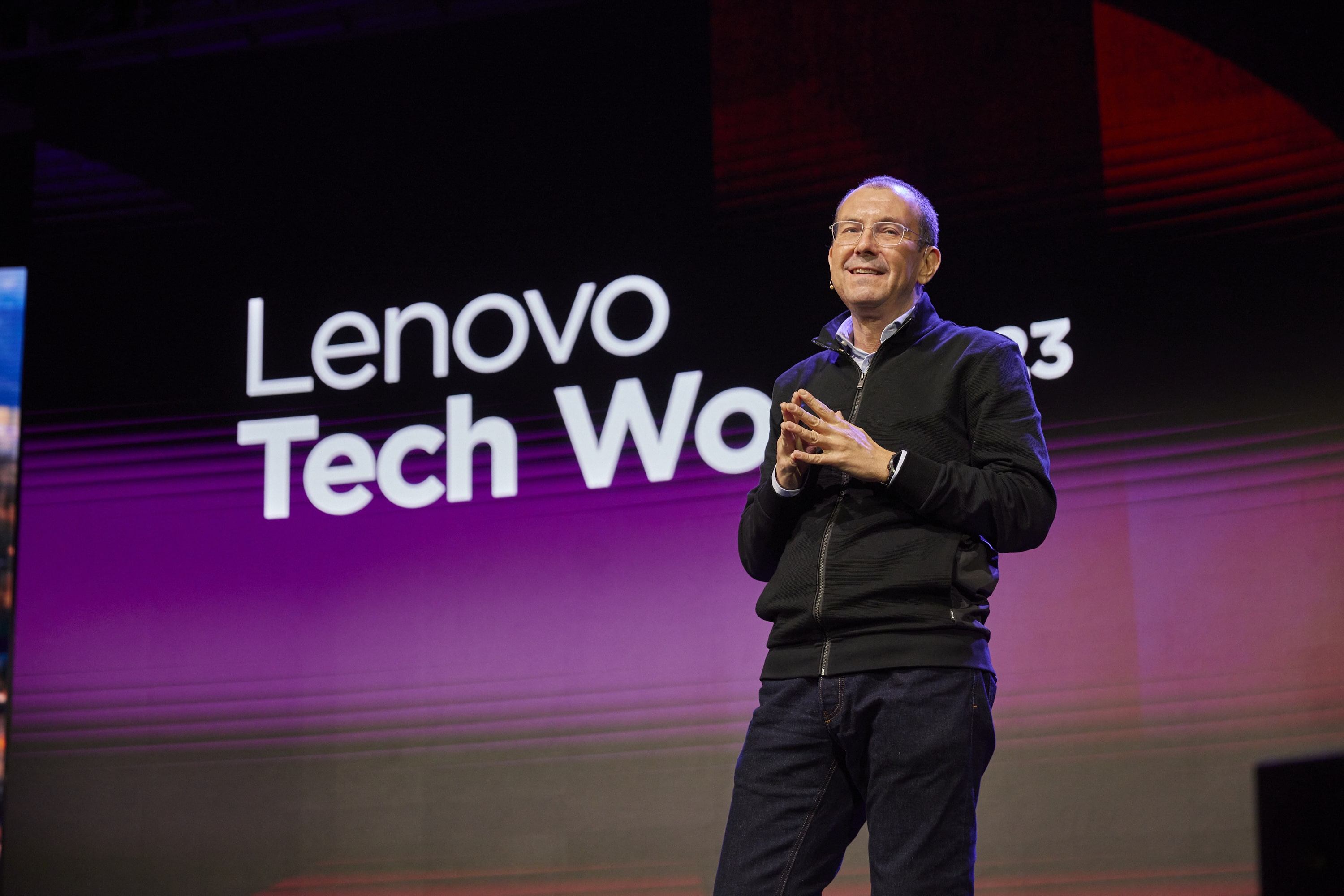
It is inspiring to see Lenovo, despite having achieved remarkable success for decades, embracing what's best for its future, even if it means deviating from the tried-and-tested model that initially brought them success. Suffice it to say, the future looks bright for Lenovo.
